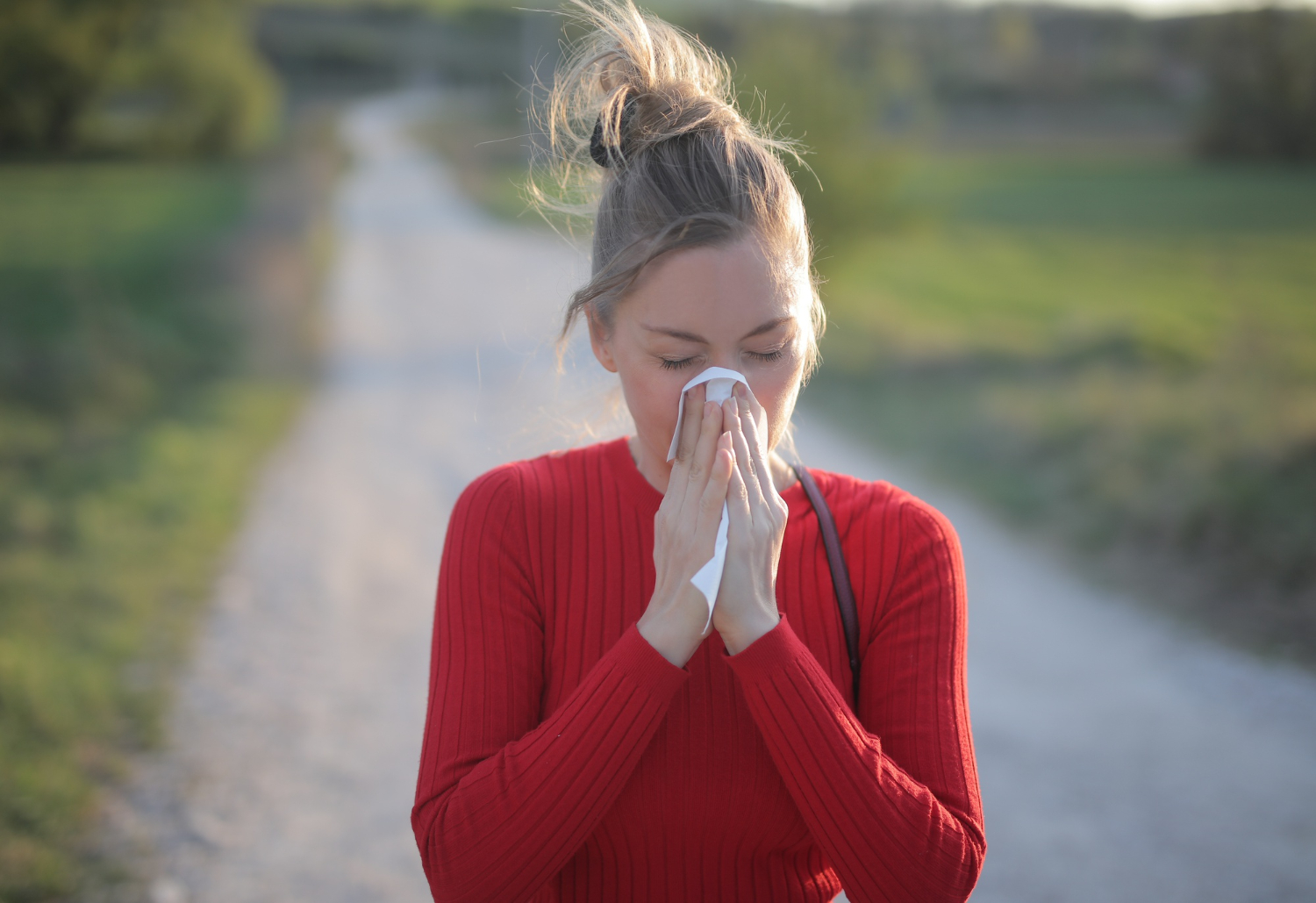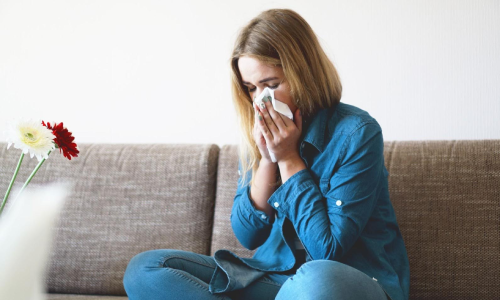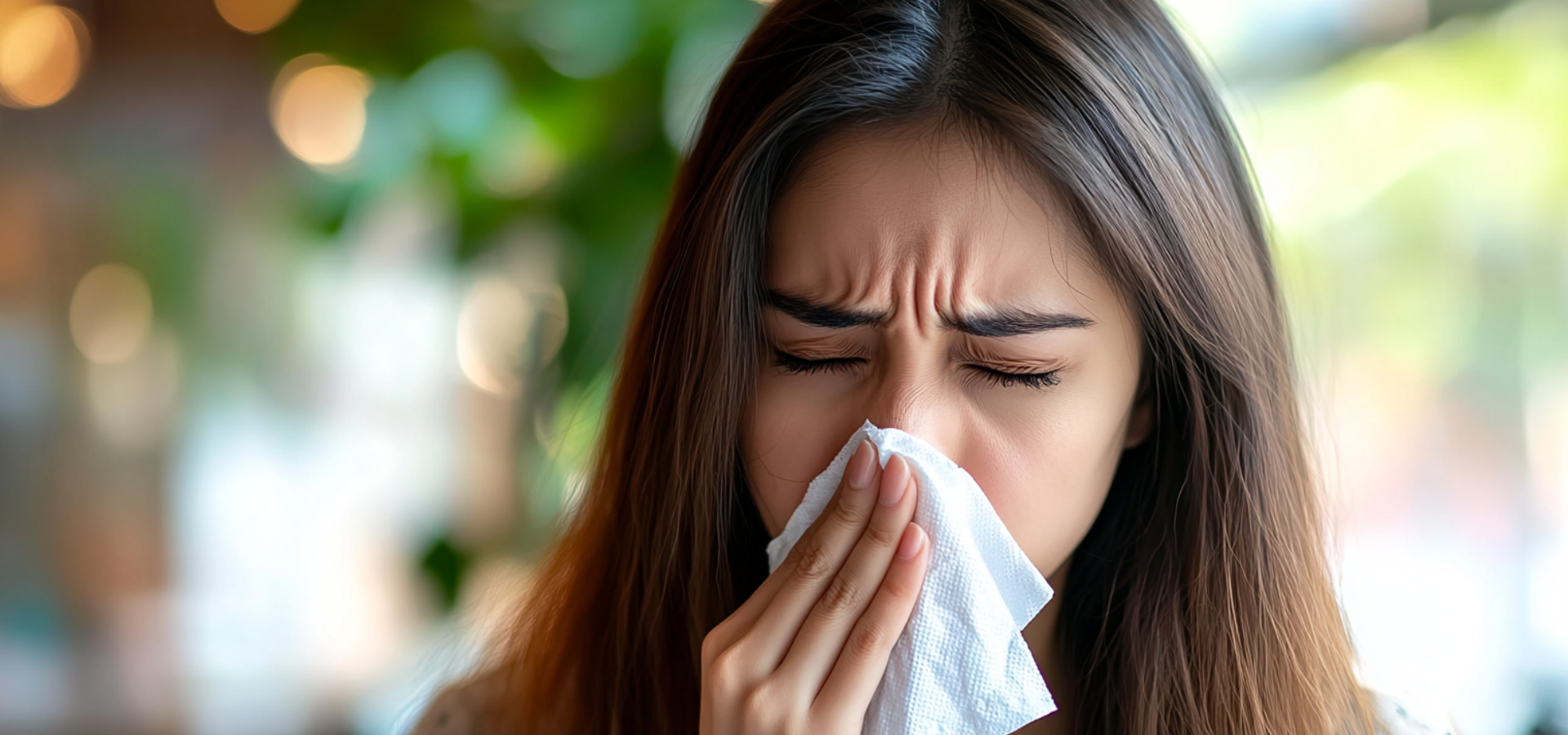
Are Allergies A Sign Of Liver Problems?
Many people experience allergies, but few consider these reactions linked to liver health. This article explores whether allergies can be a sign of liver problems and details the connection between liver health and allergic responses. By understanding this relationship, you can take steps to manage allergies and support liver function.
Connection Between Allergies And Liver Health
Allergies happen when or if the immune system overreacts to substances that are usually harmless, like pollen, dust, or certain foods. However, there is a significant link between liver function and allergic reactions.
The liver is crucial in detoxifying the body, processing everything from environmental toxins to medications. When the liver is overwhelmed or isn’t working properly, it can result in an accumulation of toxins in the body, triggering or worsening allergic reactions.
How Does Your Body Warn You When Liver Problems Are Coming?
The liver performs numerous essential functions, including protein synthesis, detoxification, and the production of biochemicals necessary for digestion. When the liver is compromised, it can manifest in various ways, including:
- Fatigue and Weakness: Persistent tiredness can be an early sign of liver problems.
- Digestive Issues: Vomiting, nausea, and loss of appetite may indicate liver distress.
- Skin Changes: Jaundice (yellowing of the skin and eyes), itching, and rashes can be signs of liver dysfunction.
- Abdominal Pain and Swelling: Pain or swelling in the upper right abdomen could indicate liver inflammation or enlargement.
- Unusual Allergic Reactions: Increased sensitivity to allergens and more severe allergic reactions can be linked to liver health issues.

Tips For Managing Allergies And Maintaining Liver Health
Managing allergies and supporting liver health involves several lifestyle and dietary adjustments. Here are some effective tips:
Avoid Environmental Triggers
Environmental allergens like dust, pollen, pet dander, and mold spores can exacerbate allergy symptoms. To minimize exposure:
- Indoor Air Quality: Use air purifiers to remove allergens from the air inside your home. HEPA filters are particularly effective.
- Bedding: Choose a hypoallergenic mattress and pillow covers to reduce dust mites. Wash bedding in hot water regularly to eliminate allergens.
- Ventilation: Keep windows closed during high pollen seasons and use air conditioning to filter out allergens. Regularly clean and maintain HVAC systems to prevent mold growth.
Eat a Balanced Diet
A healthy diet will support liver function and reduce the body’s overall toxic load, which in turn may alleviate allergy symptoms:
- Liver-Friendly Foods: Keep leafy greens (such as spinach and kale), beets, carrots, and citrus fruits in your diet. These foods contain nutrients that support liver detoxification processes.
- Hydration: Drink plenty of water to help the liver flush out toxins. Herbal teas and fresh fruit juices will also support hydration and provide additional nutrients.
- Avoidance: Steer clear of processed foods high in sugars, fats, and preservatives, as well as excessive alcohol consumption, all of which can strain the liver.
Manage Stress
Chronic stress may have a negative effect on liver function and the immune system, exacerbating allergy symptoms. To manage stress effectively:
- Mindfulness Practices: Engage in mindfulness techniques like meditation and yoga to help calm the mind and reduce stress hormones.
- Physical Activity: Regular exercise, like walking, swimming, or cycling, can improve mood and overall health, reducing the impact of stress on the body.
- Relaxation Techniques: Practices like deep breathing exercises, progressive muscle relaxation, and aromatherapy can provide immediate stress relief.
Stay Hydrated
Hydration is crucial for maintaining liver health and overall bodily function. To ensure adequate hydration:
- Water Intake: Have a target of drinking at least 8 glasses of water every day. You can increase this amount if you engage in physical activity or live in warm climates.
- Hydrating Foods: Consume water-rich foods like cucumbers, watermelon, and oranges to boost hydration.
- Hydration Schedule: Set reminders to drink water throughout the day, especially if you tend to forget.

Consider Liver-Supporting Supplements
Certain supplements can provide additional support for liver health, potentially reducing allergy symptoms:
- Milk Thistle: Known for its liver-protective properties, milk thistle can help regenerate liver cells and improve liver function. Look for supplements containing silymarin, the active compound in milk thistle.
- N-Acetyl Cysteine (NAC): NAC helps increase levels of glutathione, a powerful antioxidant that helps in liver detoxification. It can also reduce inflammation and oxidative stress.
- Consultation: You can consult with a healthcare professional at Frontier Allergy before starting any new supplement regimen to make sure they are safe and appropriate for your individual health needs.
Supporting Liver Health to Alleviate Allergies
Understanding the connection between allergies and liver health will help you take proactive steps to manage both. Supporting liver function through a balanced diet, hydration, stress management, and avoiding environmental triggers can potentially reduce allergy symptoms and improve overall well-being. If you suspect that your liver health may affect your allergies, consult a healthcare provider at Frontier Allergy for appropriate testing and recommendations

Written/Reviewed by: Dr. Neha Reshamwala
NPI number: 1780874578
Page last reviewed:


 All blog posts
All blog posts





